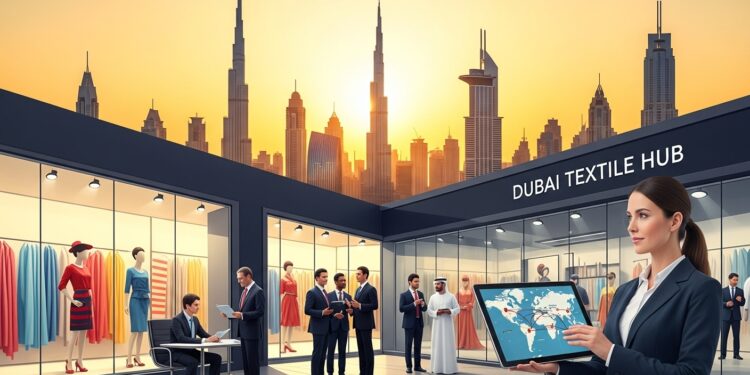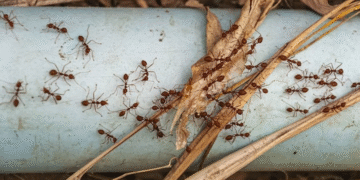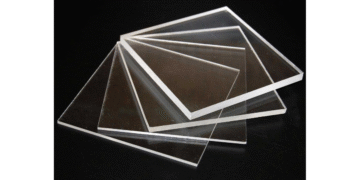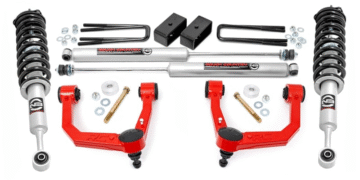Dubai has long stood as a global trade gateway—a dynamic junction where East meets West, and tradition blends seamlessly with innovation. For entrepreneurs wondering, “Can I start a textile trading company in Dubai?”, the answer is a confident yes. From high-end fabrics to industrial-grade textiles, the city offers fertile ground for building a competitive, future-ready trading business.
Textiles remain an integral part of the UAE’s diversified import-export ecosystem. With Dubai’s world-class logistics infrastructure, strong retail and fashion sectors, and a culture of international commerce, the city offers significant advantages to businesses that trade in raw fabrics, home furnishings, apparel materials, and specialized textiles for industrial use.
Why Dubai is ideal for textile traders
Strategically located between Asia, Europe, and Africa, Dubai functions as a central logistics hub—making it a natural staging ground for textile trade. It offers seamless access to global supply chains, with well-connected seaports like Jebel Ali and modern air cargo facilities that simplify both import and re-export.
Furthermore, the local market isn’t just a waypoint—it’s also a growing consumer base. Dubai’s luxury retail scene, booming fashion e-commerce, and vibrant hospitality sector all demand a steady flow of quality textiles. Add to that Dubai’s proximity to major textile manufacturing regions like India, Pakistan, China, and Turkey, and the cost and lead-time benefits become immediately clear.
How to set up your textile trading company
Starting a textile trading business in Dubai requires thoughtful preparation and compliance with the city’s business regulations. Here’s a streamlined guide to get started:
1. Define your niche
Are you importing bulk fabrics for resale? Targeting the fashion industry? Supplying hotel chains or furniture manufacturers? Clarify your offering early—this will impact your supplier sourcing, pricing model, and customer acquisition strategy.
2. Choose your company structure
Decide if you’ll operate as a sole proprietorship, partnership, or corporate entity. This affects your license type, liability, and how you can expand or bring on investors.
3. Secure a trade license
Apply for a license that permits textile trading, and make sure you list all relevant activities (e.g., textile import/export, wholesale, or specialized textile distribution).
4. Find suppliers and logistics partners
Establish dependable supplier relationships with manufacturers or exporters abroad. You’ll also want to work with freight forwarders and customs brokers familiar with textile cargo and UAE regulations.
5. Set up warehousing and distribution
Depending on your business model, consider a physical warehouse or third-party logistics (3PL) solution to store and distribute your goods within the UAE and beyond.
Growing and sustaining your textile business
Once operational, growth depends on smart partnerships, market reach, and quality control. Here’s how to scale effectively in Dubai’s textile sector:
Attend trade fairs and expos
Events like the International Apparel and Textile Fair (IATF) and INDEX Dubai provide invaluable networking and deal-making opportunities. Visibility matters in this competitive space.
Work with fashion designers and manufacturers
Collaborate with local fashion houses, tailors, or furniture makers. These relationships can yield repeat business and establish your brand in the industry.
Implement quality assurance systems
Textile buyers are discerning. Ensure your materials meet global standards, offer durability, and are ethically sourced where possible.
Build a digital presence
A strong website, social media engagement, and even a basic e-commerce portal can differentiate you from traditional players and help you reach boutique clients and large buyers alike.
Why Dubai South Business Hub is the right place to begin
Launching a trading company takes more than licensing—it requires the right foundation. For textile entrepreneurs looking to scale in Dubai’s fast-paced environment, Dubai South Business Hub Free Zone offers a unique advantage.
Located within the city’s most future-forward district, Dubai South Business Hub Free Zone is built for founders ready to move from idea to execution. Whether you’re importing silk from Asia or exporting home furnishings to Africa, this ecosystem provides the infrastructure and support to streamline operations and accelerate growth.
Beyond just office space and licensing, the Hub offers access to strategic insights, logistics partnerships, and a community of like-minded entrepreneurs. The environment is frictionless, supportive, and tailored for businesses that want to move fast—and move smart.
For any entrepreneur looking to start a textile trading company in Dubai, this is more than a launchpad. It’s a place where ambition is matched by access, and where your trading journey can truly begin.













